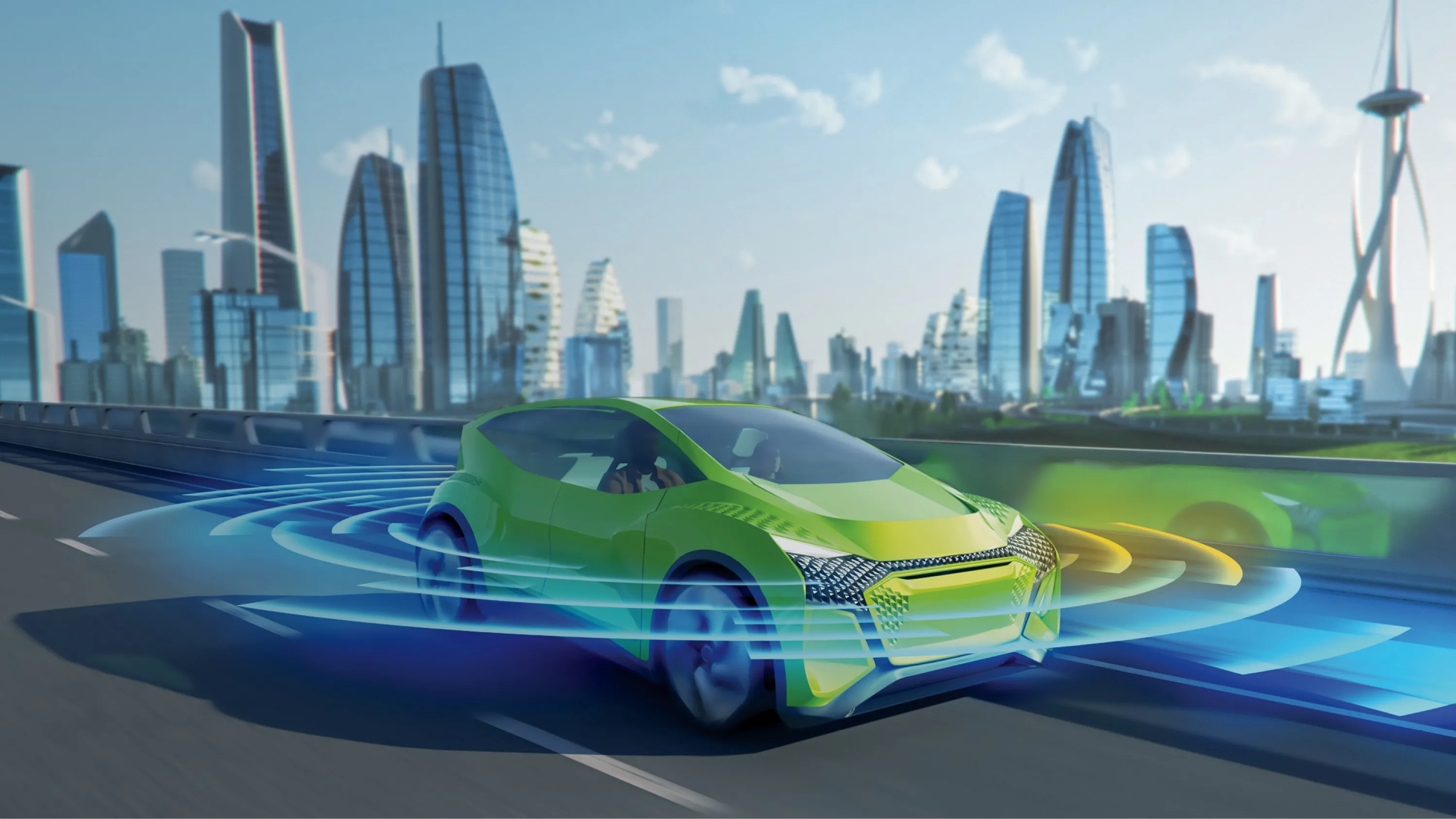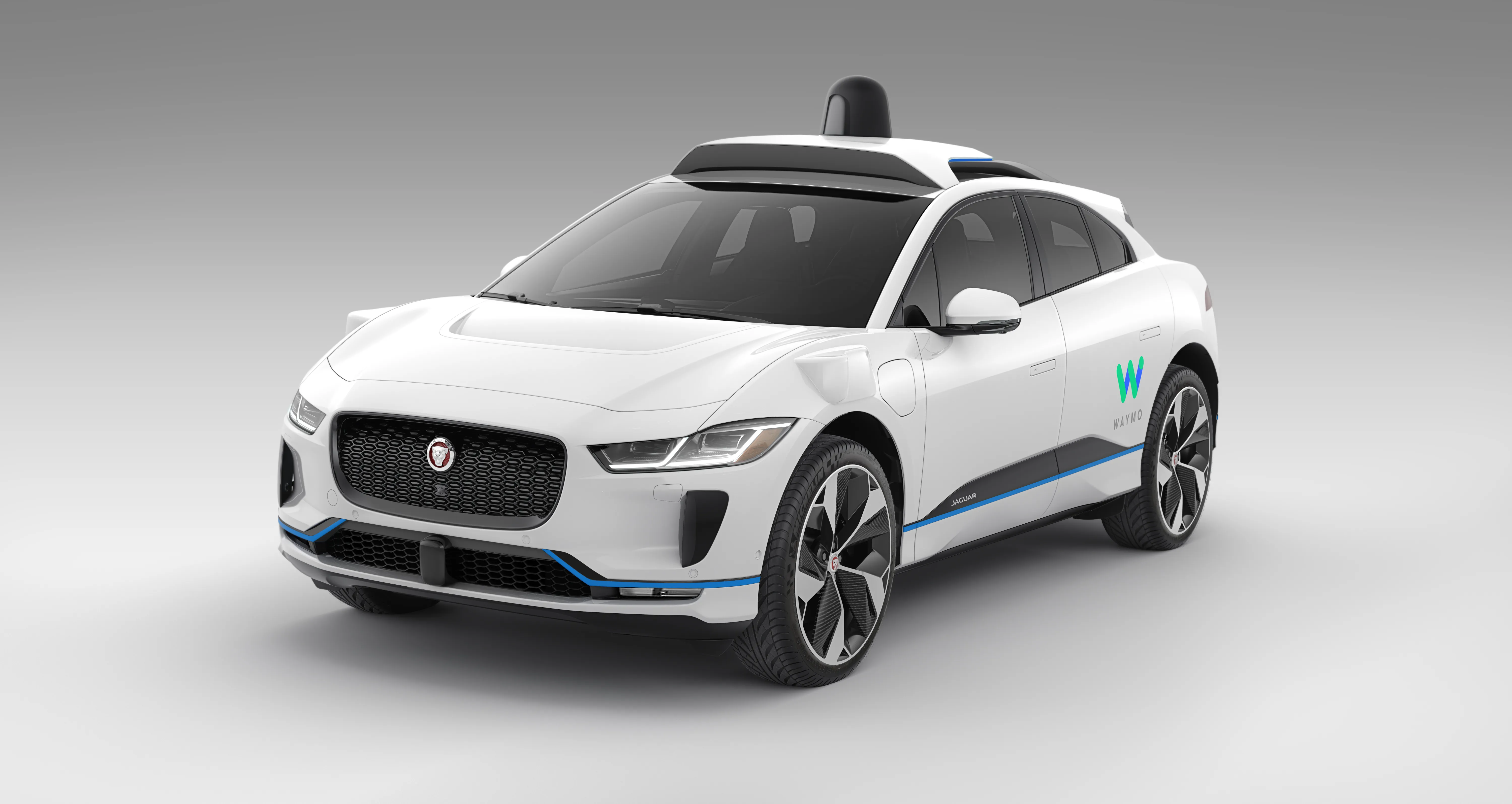
NXP Semiconductors has announced a 28nm RFCMOS radar one-chip IC family for next generation ADAS and autonomous driving systems.
On show at CES 2023, the new SAF85xx one-chip family combines NXP’s radar sensing and processing technologies into a single device, offering Tier 1s and OEMs new flexibility in addressing short-, medium- and long-range radar applications, the firm says.
“Our new radar one-chip family enables the reliable long range detection of objects and separation of small objects next to larger ones, like a fast-moving motorcycle next to cars and trucks on a busy multi-lane highway,” said Torsten Lehmann, NXP executive vice president.
“This advanced radar sensing technology plays an essential part in accelerating the development of next-generation ADAS,” commented Hiroshi Kondo, head of Safety Systems Business Unit at Denso Corporation.
NXP’s new family of automotive radar SoCs is comprised of high-performance radar transceivers integrated with multi-core radar processors which are built on NXP’s S32R radar compute platform.
The SAF85xx offers twice the RF performance and accelerates radar signal processing by up to 40%, compared to NXP’s previous generation.
The one-chip family enables 4D sensing for corner and front radar, serving ADAS applications such as automated emergency braking, adaptive cruise control, blind-spot monitoring, cross-traffic alert and automated parking.
OEMs will benefit from the increased flexibility it offers in meeting the expanding NCAP safety requirements and the proliferation of radar sensors - and NXP says developers can take advantage of the S32R family’s scalability as well as software and hardware "design reuse benefits".
“Its small form factor allows our customers to build radar sensor modules that are up to 30% smaller, enabling global suppliers of ADAS systems, like Denso, to expand the potential of radar safety through this powerful new technology," Lehmann concludes.








